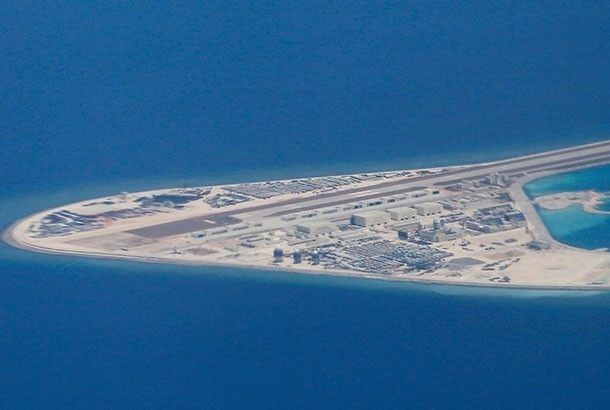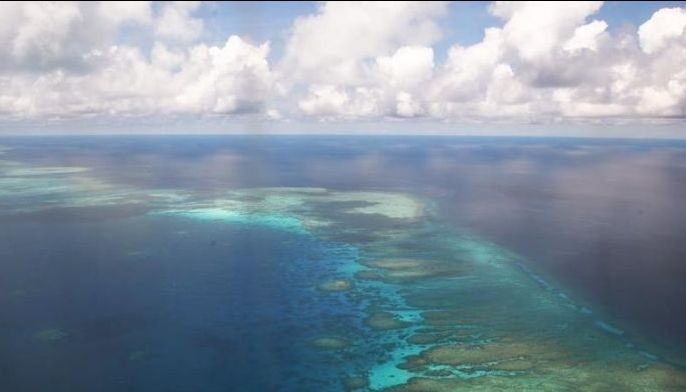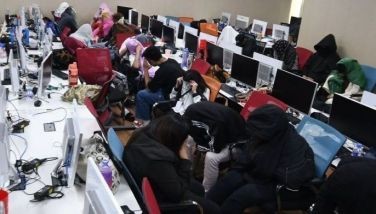Philippines cannot physically confirm China's weather stations — Lorenzana

MANILA, Philippines — Pointing out that China's operation of weather monitoring stations in the Spratly Islands are not a cause of concern, Defense Secretary Delfin Lorenzana admitted that the Philippines cannot physically verify such reports.
On November 1, the Chinese Foreign Ministry confirmed that Beijing started operating a maritime observation center, a meteorological observatory and a national environmental and air quality monitoring station on its artificial islands in the South China Sea, part of which is the West Philippine Sea.
Asked if the Western Command of the Armed Forces of the Philippines was able to physically verify the presence of such facilities, Lorenzana said he does not think so.
"If you look at the map of the islands, the reclaimed islands, artificial islands of the Chinese there are so many structures already," Lorenzana told CNN Philippines' "The Source" on Tuesday.
Lorenzana added that it was difficult to identify which of Beijing's structures on the islands were weather stations.
The Defense chief added that the military conducts fly-by near near the artificial islands but gets a warning from the Chinese every time.
"We cannot go there and inspect them physically," Lorenzana said.
Lorenzana also stressed that China's operation of weather stations in the area is not a big deal as they are only there to monitor weather for ships and aircraft.
"We should be concerned about radars that will neutralize our communications, to jam our communications, radars that can guide missiles to its detonation. That's what we are concerned about but not weather stations," the secretary said.
Jay Batongbacal, director of the University of the Philippines Institute for Maritime Affairs and Law of the Sea, earlier warned that Beijing's weather monitoring stations on the Spratlys may also serve military purposes.
Batongbacal urged the Philippine government to protest China's establishment of the facilities despite its claim that it was meant to "provide public good."
"Acceptance of these 'public goods' could be seen as acquiescence to China's civilian administration and control of this sea region," Batongbacal said in a Facebook post last month.
Related video:
- Latest
- Trending





























